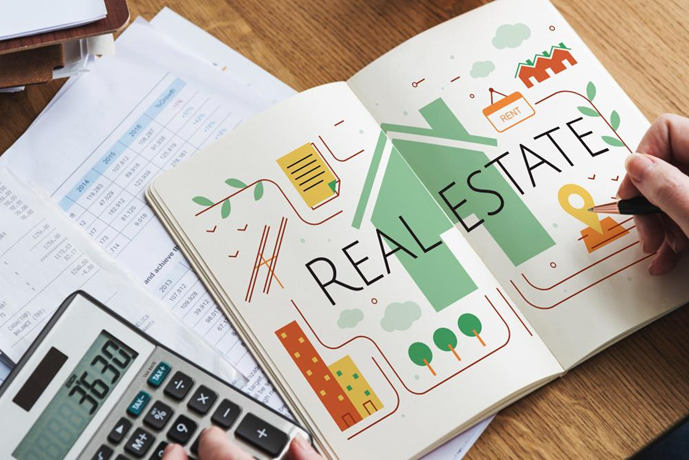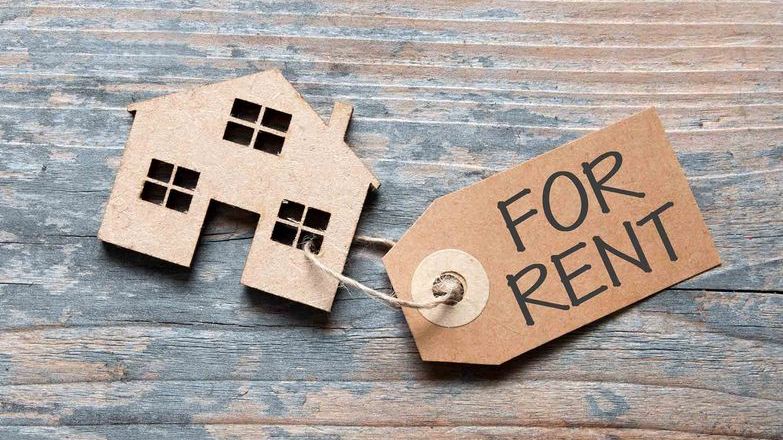There are various reasons why you may choose to book a property valuation. These could include selling your property, buying another property, insurance, taxation and investment exploration. It is a key factor for both buyers and sellers. For a seller, it helps decide on the asking price. For a buyer, the details could help in negotiations on the price. If a professional buyer, an accurate valuation could help estimate the rental income and ROI (return on investment).
The value of a property depends on many features being taken into consideration:
- Location: The area in which your house is located is an important factor. If the environment is pleasing and it is in a preferred area, the value of the property will rise. The proximity of good schools, shops, transport links, restaurants and parks increase the appeal of a property.
- Size and Layout: The physical aspects of plot size, the layout including the number and type of rooms with measurements, the type, quality and age of construction, the floors and any renovations that have been made, garage and parking space, driveway and landscaping will all be inspected by the valuer. They will examine bylaws and planning restrictions.
- Upgrades and extensions: If structural improvements have been made, these may add to the value of the property. However, legal approvals permitting such renovations need to be obtained. Any scope for further extensions could also improve the worth of the property.
- Prime areas: Kitchens and bathrooms can be more important in a valuation than the other rooms. A modern kitchen with key facilities and a clean, fresh bathroom would be beneficial.
- Internal factors: The more up to date the interior elements such as insulation, double glazing and flooring are, the higher the property value. The energy efficiency level could also impact the property’s value. Providing an EPC (Energy Performance Certificate) is mandatory when selling a house.
- Condition: A property that is clean, decluttered and well maintained, with nothing in disrepair, will add value. Any signs of dampness or rotting wood will diminish the value. The general wear and tear of the house will also be assessed, along with subsidence factors.
An internal and external inspection will be conducted. The above features will be taken into consideration. Information on the prospects of the future development of the property should also be provided.

Comparisons: An accurate valuation will take into account comparable prices of other properties recently sold as well as current properties for sale in the area. The current market price will be an additional feature. These will give a more accurate idea of what the property is worth. It is wise to get at least three valuations done, if it is financially feasible and arrive at the most accurate. Online Valuations are free but some of them do not give up to date, correct information. It is advisable to have a physical inspection of the property conducted.
Documentation: A property valuation can take time, so it is best to be prepared in advance. All documentation such as building plans, a lease or rental contract, maintenance information with the certificates showing approvals for renovation work and the EPC should be kept ready.
Questions asked: Noting down the answers to a few questions could help in arriving at an asking price for the property. The main information you need is the value of the property. However, you could find out what the demand is for other similar properties in the area. To budget for repairs, clarify how many essential repairs/renovations are required to make it sale worthy.
Conclusion: An accurate property valuation could help in the successful sale of your property. Based on the valuation, your agent should give you an idea of your target price. However, as one professional commented, “Be warned, it is not an exact science; a property is worth what someone is willing to pay for it.” Also, it can take a long time for the benefits of property to be realised. Hence economic, social trends, environmental conditions and government controls should also be assessed while estimating the value of a property.


/home_equity__rental_gowth_shutterstock_582996238-5bfc3330c9e77c005145595b.jpg)












